As the world highlights the World Environment Day on June 5th, 2024, the focus sharpens on critical issues plaguing our planet’s landscapes: land restoration, desertification, and drought resilience. This year’s theme underscores the urgency of collaboration to tackle these challenges and protect the health of our ecosystems for future generations.
Restoring the Earth’s Vital Landscapes and Confronting Desertification are not just environmental imperatives but global necessities for sustaining life on our planet. The degradation of fertile land and the increasing desertification threaten the very foundation of food security, biodiversity, and community resilience. However, amidst these challenges, there is a beacon of hope in restoration efforts and multifaceted approaches to combat desertification. Governments, organisations, and communities worldwide are uniting to invest in land restoration projects, reforestation efforts, and sustainable land management practices to turn the tide of degradation and rebuild the productivity of our ecosystems.
Simultaneously, the urgent need to build resilience against drought is more important than ever. Droughts do not only jeopardize agriculture and water resources but also deepen existing inequalities and exacerbate poverty. Yet, through integrated water resource management, improved agricultural practices, and community empowerment, we can bolster our resilience against drought and ensure the sustainable development of societies worldwide. By enhancing water efficiency, promoting soil conservation, and investing in drought-resistant technologies, we pave the way for a future where communities thrive, ecosystems flourish, and our planet’s landscapes are safeguarded for generations to come.
A Collaborative Approach
Aligned with the goals of the Green Deal and Horizon Europe Mission “Adaptation to Climate Change,” Pathways2Resilience, REGILIENCE, ARSINOE, IMPETUS, TransformAr, and REACHOUT projects work together on concrete actions in the fight against land degradation, desertification, and the impacts of drought. Our commitment to supporting vulnerable regions could not be timelier, as communities worldwide struggle with the devastating effects of environmental degradation on their lands and livelihoods.
Pathways2Resilience and its sister projects take a comprehensive approach to addressing the interconnected challenges of desertification and drought.
The Pathways2Resilience Project
Pathways2Resilience, is a Horizon Europe programme under the EU Mission on Adaptation to Climate Change. Running for five years and implemented by a consortium of 14 partners, the programme will allocate €21 million in funding to help regions identify transformative adaptation pathways and develop innovation action plans, complete with the know-how and the finance mechanisms needed to implement them.
By project end, Pathways2Resilience will have empowered 150 regions and communities to create their own regional resilience journey, preparing the way for implementation by 2030. This diverse set of regions has the potential to create a snowball effect and catalyse further action, thanks to the wealth of knowledge created and the publicly-available tools and methodologies developed as part of the programme
The Regional Resilience Journey: a transformative roadmap to become climate ready.
For example, to support regions in this task, Pathways2Resilience, has created a tailored roadmap: the Regional Resilience Journey. This new, comprehensive framework provides step-by-step guidance, trainings, tools, and resources that allow regions to either produce their first climate resilience plans, or to improve existing ones. The process works with a systemic approach, guided by just transition principles and transformative innovations that will make the journey towards climate resilience possible.
As we celebrate World Environment Day, let us continue to empower communities, restore degraded lands, and ensure a more sustainable future for generations to come.




